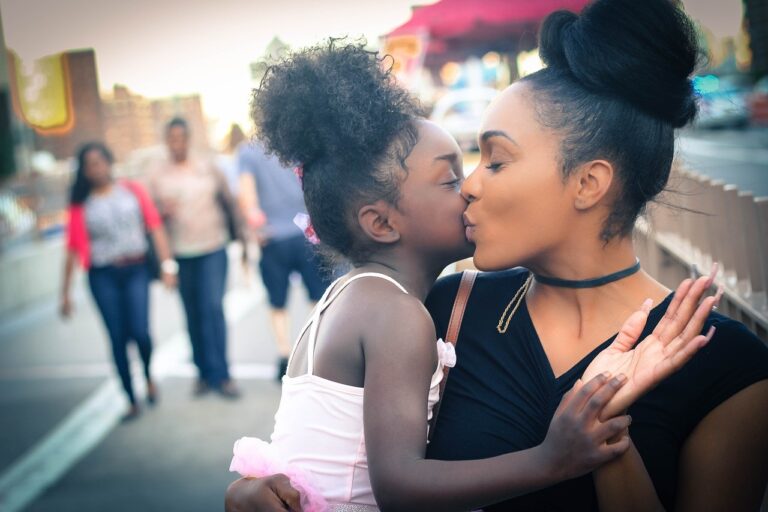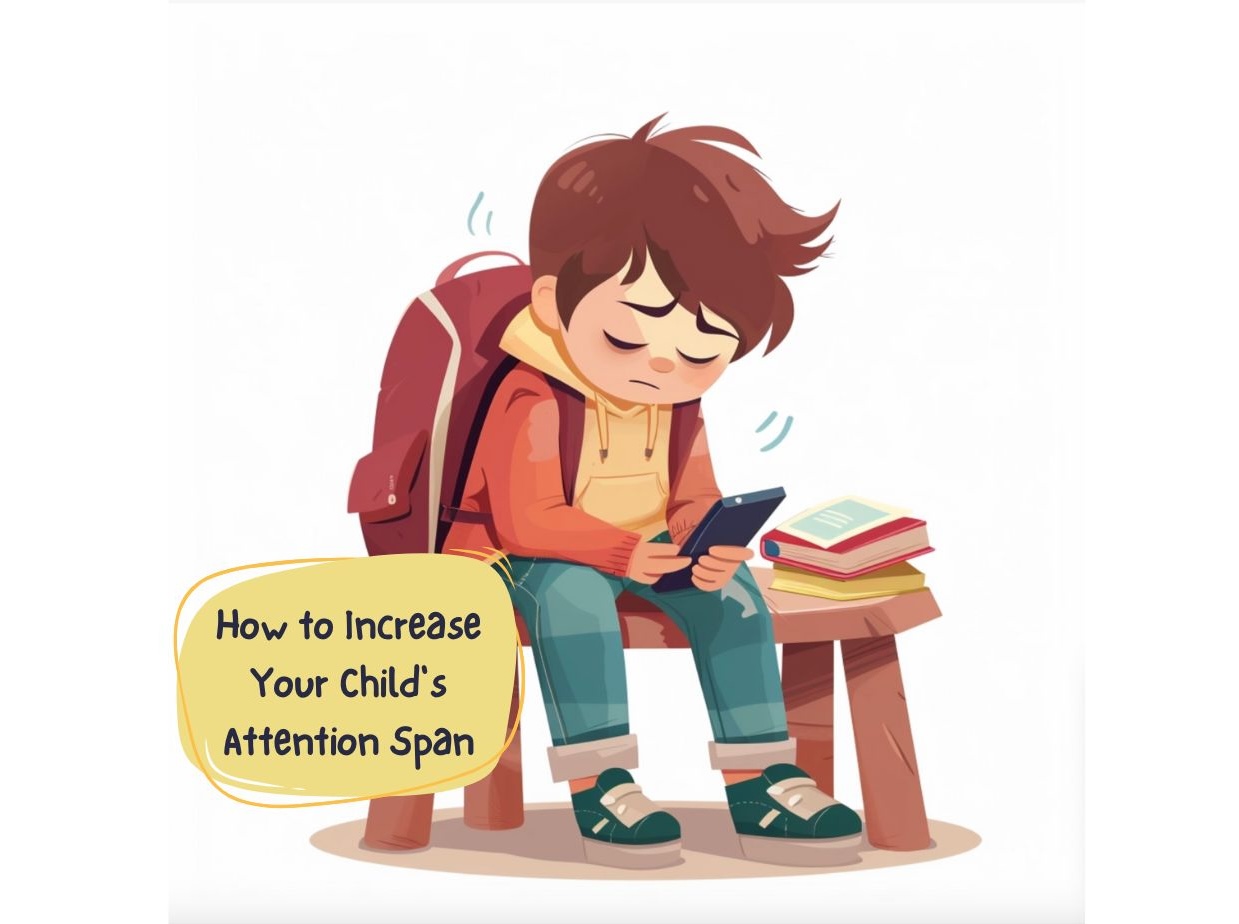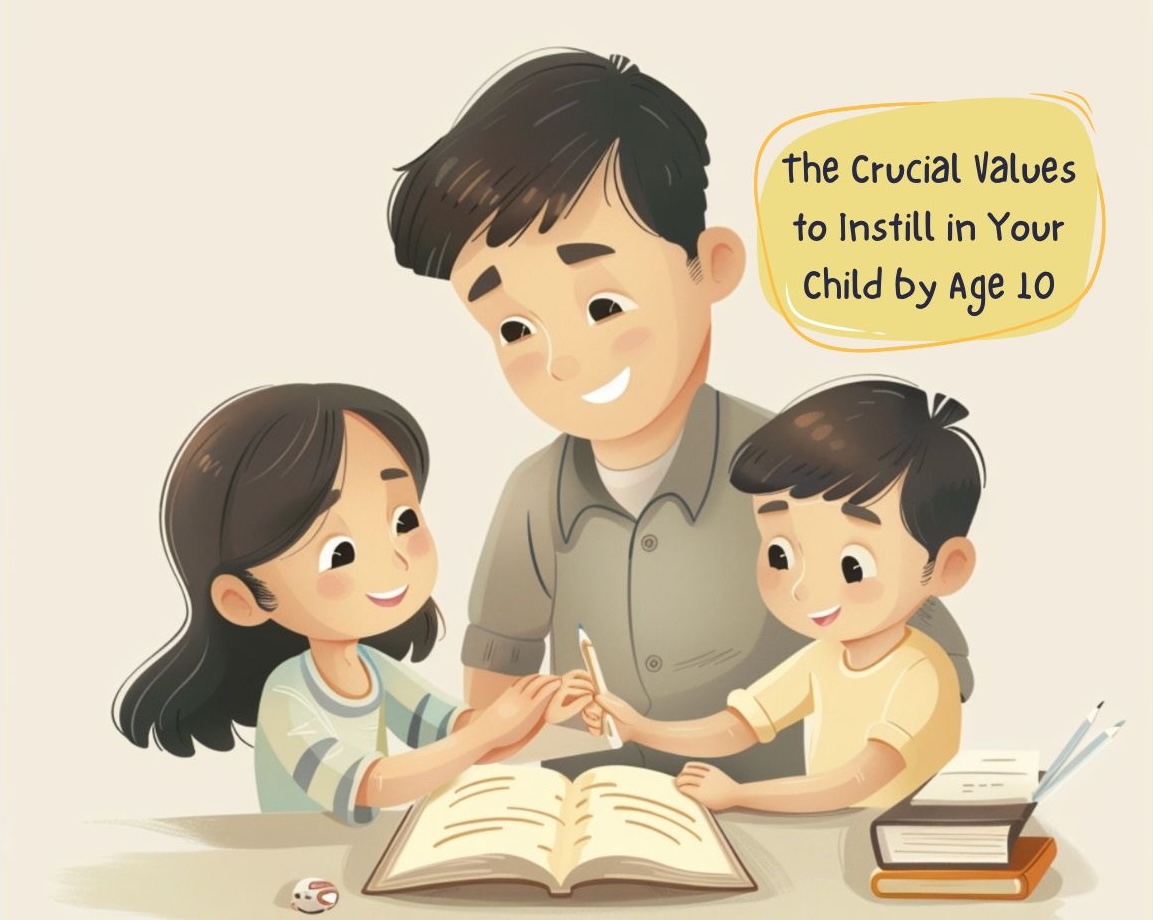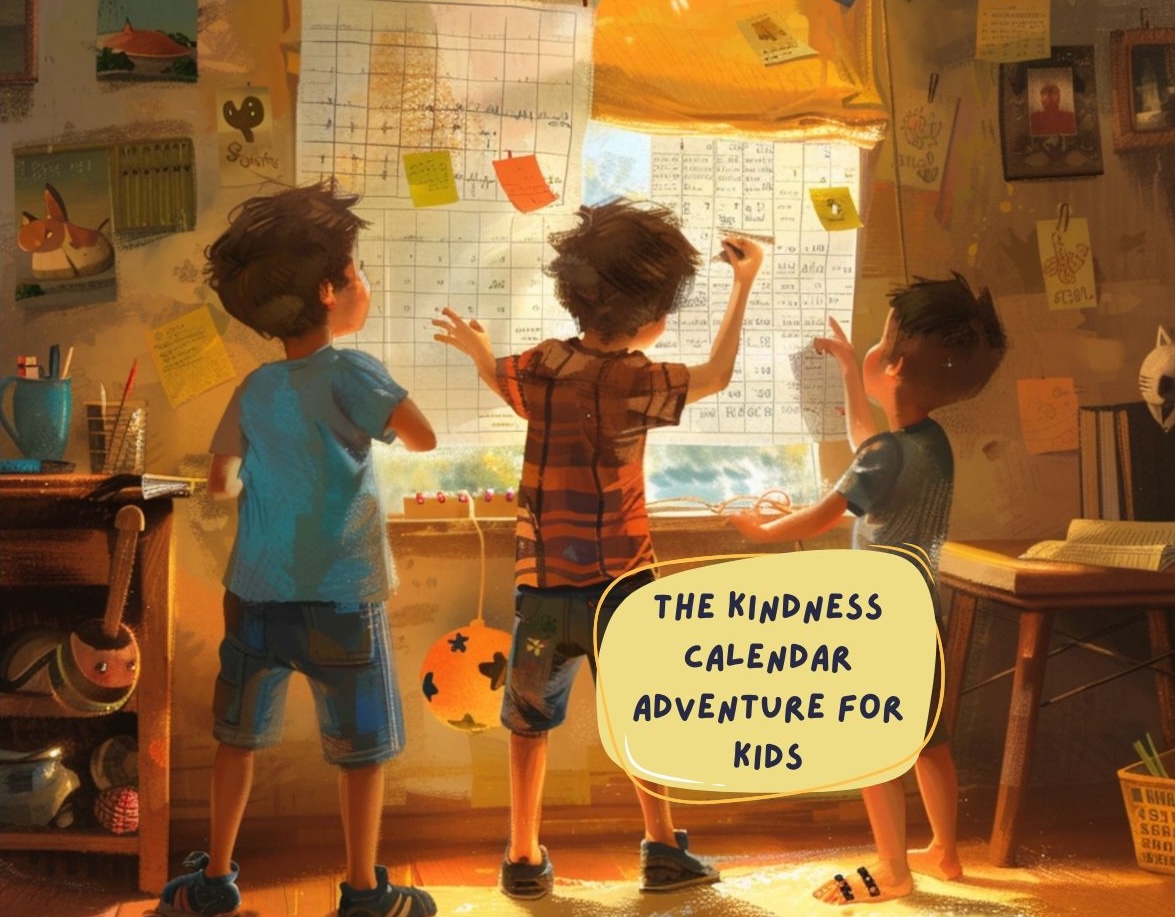Healthy Coping Strategies for Kids

Life in the 21st century looks like racing. You have to hurry, meet a schedule, not forget about millions of things to do, and keep calm. Kids don’t need to go to work, but their school routine is no less stressful.
They only start building their relationships with peers. Such an experience isn’t always successful. Besides, many school children encounter bullying and problems associated with low self-esteem. All that contributes to stress formation. Social pressure affects not only psychological but also physical health. Parents should pay due attention to this issue. Read this article to find coping skills and activities for kids that will help them deal with problems.
Types of Coping Mechanisms to Reduce Stress
There are many classifications of coping strategies for kids. I believe that the following one is the easiest to make sense of. There are coping skills based on the following:
- Emotions;
- Problems.
Reducing emotions doesn’t mean making problems go away. It’s like breaking a fever but ignoring the cause of it. If kids react too emotionally to stress, emotion-focused coping activities will help them. Still, pay attention to problem-focused coping mechanisms for stress. It’s essential to fix the very source of trouble.
Emotion-Focused Coping Skills List for Kids
Name Feelings
Kids often lack words to describe the emotions they have. A great solution to expand their vocabulary is to use a feelings chart for kids. It’s an illustrated manual to a child’s inner world. The chart includes images of people who experience different feelings, including non-verbal aspects (mimics, gestures, etc.) Next time you ask them about their emotions, they might answer comprehensively.

Breathing Exercise
Deep breath relaxes our body and positively affects oxygen levels in the brain. It quickly impacts the state of mind, so one should apply it right after the outburst. In the book Breathing is My Superpower, you will find the correct technique for performing the exercises. It has proved to be really helpful when children are afraid of being alone.
Experience New Emotions
Stress is always related to a routine lifestyle. It’s time to shake things up. Try the stuff that is very untypical of your family and a child. Go fishing or take a trip to an amusement park. Also, ask a kid If he would like to take a course on something unfamiliar. It’s an effective way to boost one’s motivation as well.
Problem-Focused Coping Skills Activities for Kids
Develop a Plan
In case you see that your children struggle with a problem, please help them to concentrate on its solution. Make a step-by-step plan after clarifying the details of their challenge. Come up with several possible solutions and discuss them together with the kids. If you homeschool your child, you can work out the curriculum, devoting more time to learning emotional self-regulation techniques.
Encourage Asking for Help
Doing things on one’s own isn’t the key to success. It’s impossible to hold up well without someone’s help. There’s a constant need for advice and mutual aid in school, university, and work. Encourage communication within the family and react to your kids’ issues. This way, you will create an atmosphere where a child won’t be afraid to come for help.
Weigh up the Pros and Cons
If the problem involves making a decision, do your best to resolve it as soon as possible. The fact is that the state of uncertainty is very painful to our brains. In such an instance, it cannot but constantly search for a solution. Intense mental pressure occurs if the brain fails to find its way out. Help kids to write down the pros and cons. Analyze them together and, finally, make a decision.
Types of Coping Skills
A combination of specific behaviors and thoughts can relieve stress. It also helps to adjust to anxiety signs and ignore them. The ability to coexist with stressful situations is a precious skill. Actually, that’s one of the benefits of a growth mindset. Here are other skills that help cope with stress.
Relaxation
When under stress, our mind and body are so tense. Then, they need more energy and effort to perform daily routine tasks. Organize a day off to forget about all hardships. Invite your kid`s friends and create a memorable gathering or plan a family day.
Turn to Physical Activities
In almost every list of coping skills for kids with anxiety, one will find a point about sports. Physical activity relieves stress indeed. There’s a shift in the focus of attention so that a problem no longer seems so terrible. Walking a dog is also a nice therapy for dealing with negative emotions.
Physical activity is a part of a self-care routine for kids. Self-care bingo will be of great help.
Leisure Activities
Give a child the opportunity to enjoy the things he likes most. He will immediately get all negative thoughts out of his head. Also, coping skills games for kids meet their emotional needs.
Aware Parenting isn’t only about material security but also mental well-being. Kids are susceptible. Subsequently, they are less prepared to deal with life difficulties. You must care for their health and teach them to avoid stressful situations. The most important, though, is to be ready to listen to them and share the burden with them. I hope the coping strategies for kids will be of use.
Bonus: 3 Calming Strategies for Kids
When kids get frustrated, overwhelmed, or upset, they need someone to be there for them—someone who calms them down and reassures them that everything will be okay. Suppose you are a parent or a teacher, and you wonder how to calm down a kid. In that case, this article will explore three calming strategies that are practical, therapeutic, and productive.
1. Reading with your kid
This does not mean that you hand your kid a book to read to themselves while you read your book. In times of difficulty, especially, kids love to be read to. Grab your kid’s favorite book and read it to them calmly, page by page.
For example, when your kid is upset, you can tell him or her, “Honey, I know you are upset. I want you to take three deep breaths, then I am going to read to you your favorite book.” This is reassuring to your kid, and it develops the trust that there is someone who loves them. This will create a safe environment, which makes your kid calm.
2. Do a craft or an activity with them
Kids can be very creative, and doing a craft with them is an excellent way to help them overcome the day’s struggles.
You would be amazed at how therapeutic this can be. Not only does this help kids calm down, but it also keeps their minds active with good and creative thoughts, which in turn helps them to control their emotions. Coloring pages have proven to be very helpful at reducing stress.
It gets overwhelming for kids to spend the whole day indoors. Make sure to do an activity with them outside the classroom or in the backyard at home. Outside activities help kids release bad energy. The outdoor activities help them free up their minds, which in turn helps them calm down. For example, when your kid is upset, you can offer to take them for a walk, drive, or run.
Other activities may include making a fort with them, playing their favorite video game with them, or giving them the freedom to choose dinner for that day.
3. Listen to them and acknowledge their struggles

Being an adult does not make you superior to a kid. Kids deserve someone to listen to them like adults seek an ear to hear them. When your kid expresses frustration to you, don’t disregard how he or she feels.
Acknowledge their feelings. Reassure them that everything is going to be okay. Teach them self-acceptance and understanding of others. Kids thrive well around loving, trustworthy, and understanding parents and teachers.
For example, when two kids approach their parents with the same issue from school. One parent is supportive, acknowledges, and makes a follow-up with the school. The other parent disregards his or her kid’s concern and tells them to be strong. The likelihood that the kid with a supportive parent will feel safe returning to school is higher than the kid whose parent disregarded their concern.
Wrap Up
Even though other calm-down strategies haven’t been mentioned in this article, these three strategies deserve to be implemented to help kids overcome their struggles.
When kids don’t feel safe, they become worried, so you must be responsible as parents, guardians, or teachers to be available for your kids.
Ensure you are a part of the activities when you follow these tips because part of calming down is your kid knowing that someone supports and loves them.
More articles

How to Increase Your Child’s Attention Span
In the whirlwind of modern life, where distractions abound, and attention is a prized commodity, parents often grapple with concerns about their child’s ability to focus and sustain attention. In a world filled with screens, notifications, and endless stimuli, cultivating a robust attention span in children has become more challenging. However, by understanding the factors […]

The Crucial Values to Instill in Your Child by Age 10
Parents must shape their children into compassionate, resilient, and responsible individuals. The formative years, mainly by age 10, represent a critical juncture in a child’s development, offering a prime opportunity to instill essential values that will serve as the foundation for their character throughout life. This period is a fertile ground for nurturing qualities that […]

The Kindness Calendar Adventure for Kids
What is a Kindness Calendar? Imagine having a unique map that guides you to sprinkle kindness everywhere during your busy days! That’s what a Kindness Calendar is – it’s not just a calendar; it’s your fun companion on a journey of spreading good vibes. Let’s uncover the magic of this calendar and explore why it’s […]


